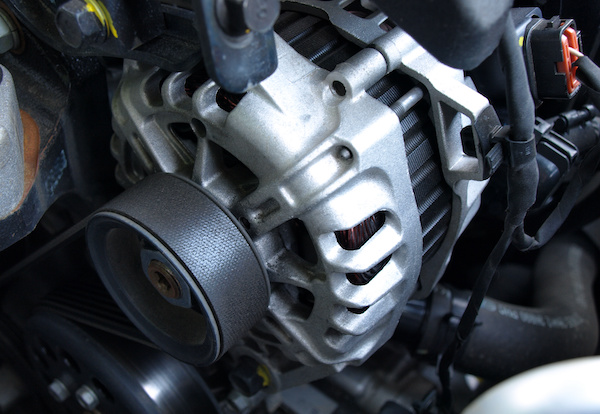Posted on 2/27/2023

When it comes to inflating your tires, you may have heard that using nitrogen instead of air is a better option. But is it really safe to fill your tires with nitrogen? One of the main benefits of using nitrogen to inflate your tires is that it is less likely to leak out than air. Nitrogen molecules are larger than oxygen molecules, which means they are less likely to escape through the rubber of your tires. That is why filling up your tires with nitrogen can help keep your tires properly inflated for longer, improving fuel efficiency and extending the life of your tires. Another benefit of using nitrogen is that it can help reduce the amount of tire pressure loss caused by temperature changes. Nitrogen is less affected by temperature changes than air, which can help keep your tires at the correct pressure even in extreme temperatures. However, it's important to note that while nitrogen can be beneficial, it's not a magic solution. It is not a must that you fill your tires ... read more
Posted on 1/31/2023

The alternator is a crucial component of your vehicle's charging system, responsible for generating the electricity needed to power the electrical systems of your car, including the headlights, radio, and air conditioning. A failing alternator can cause a range of problems, including dead batteries and electrical system failures. Here is a guide to alternators and what you need to know to keep your vehicle running smoothly: What is an alternator? The alternator is a device that generates electrical power by converting the mechanical energy from the engine into electrical energy. It is responsible for keeping the battery charged and supplying power to the electrical systems of your vehicle. Signs of a failing alternator If you notice any of the following signs, it may indicate that your alternator is failing: dimming headlights, a warning light on the dashboard, slow or sluggish engine cranking, and a dead battery. Importance of regular maintenance Regular maintenance an ... read more